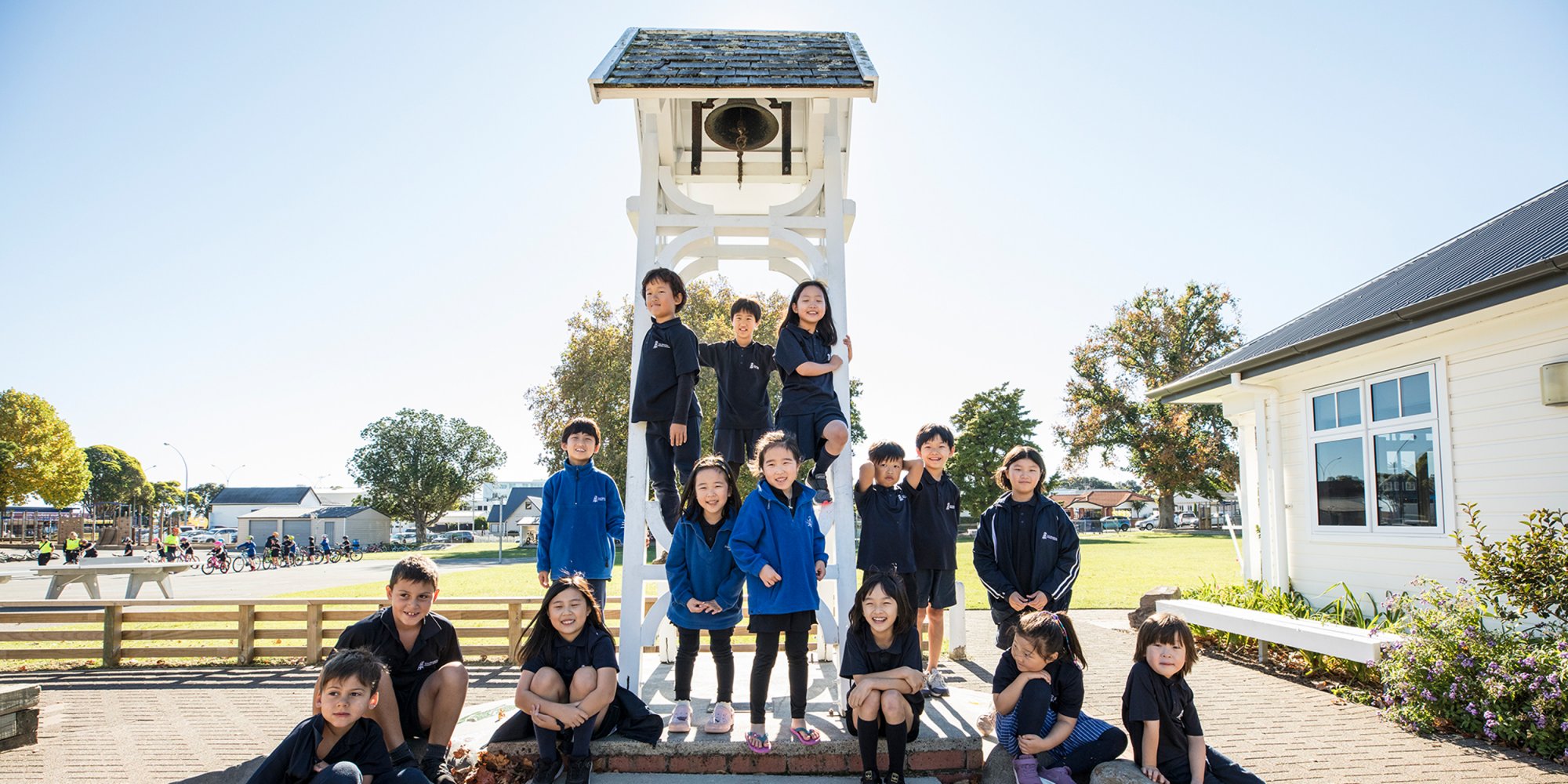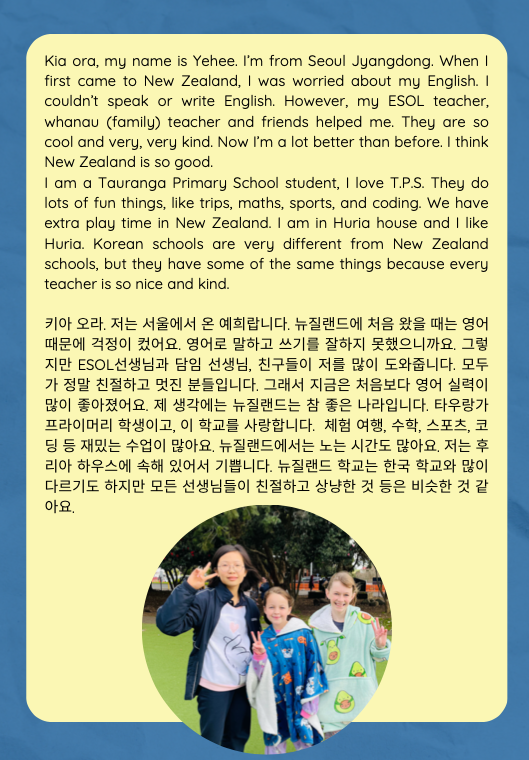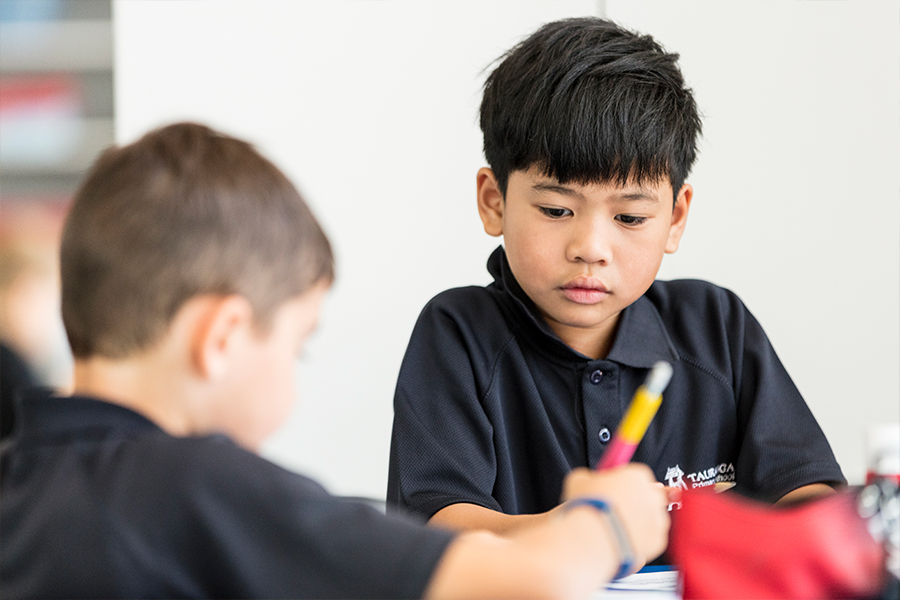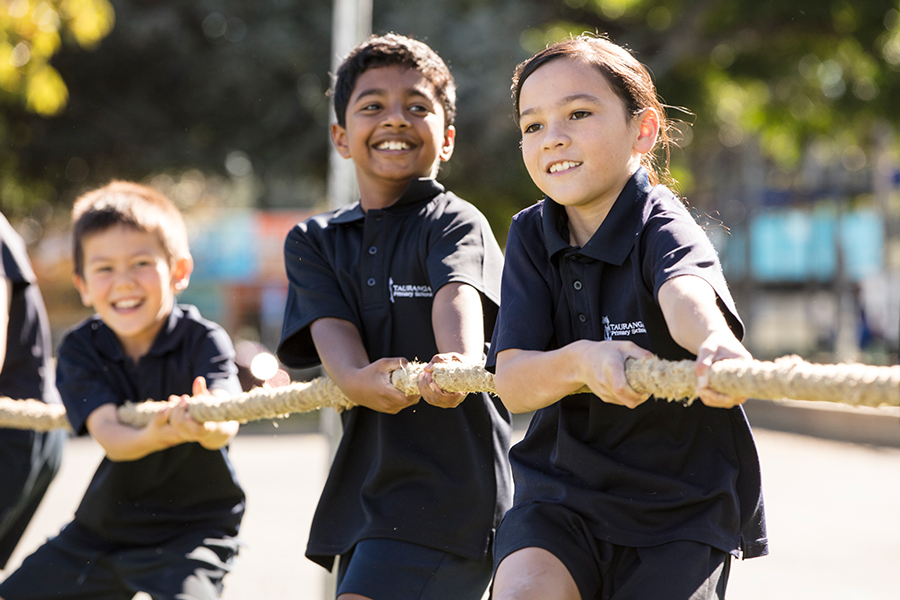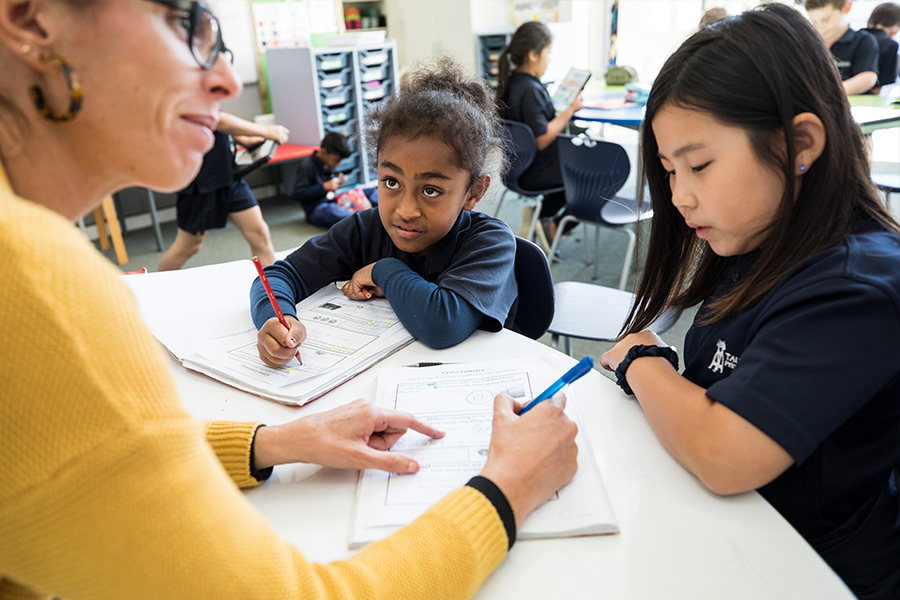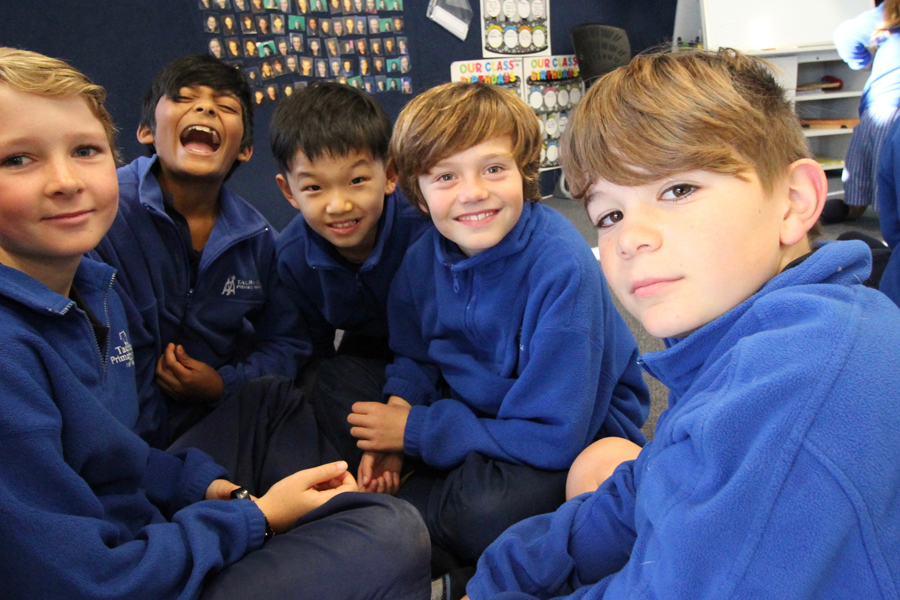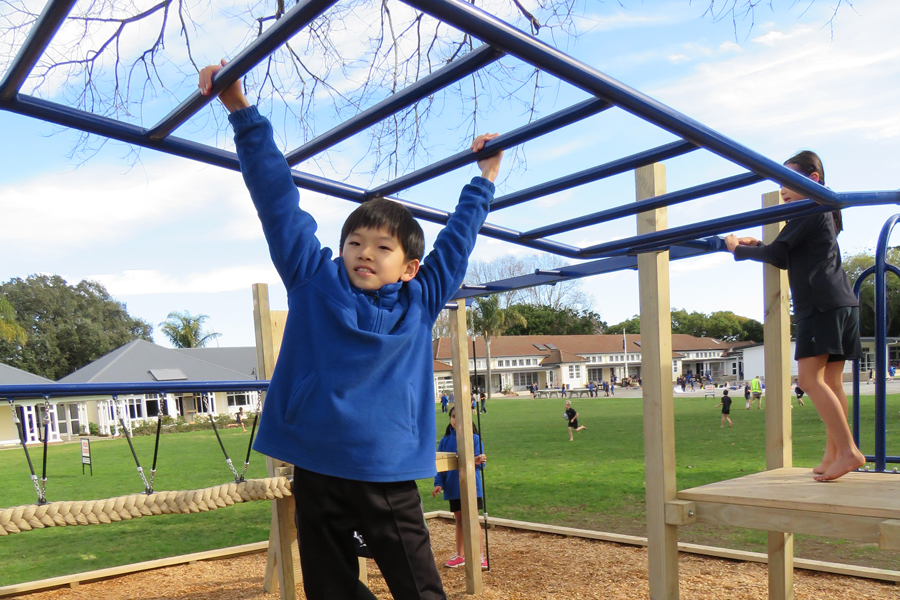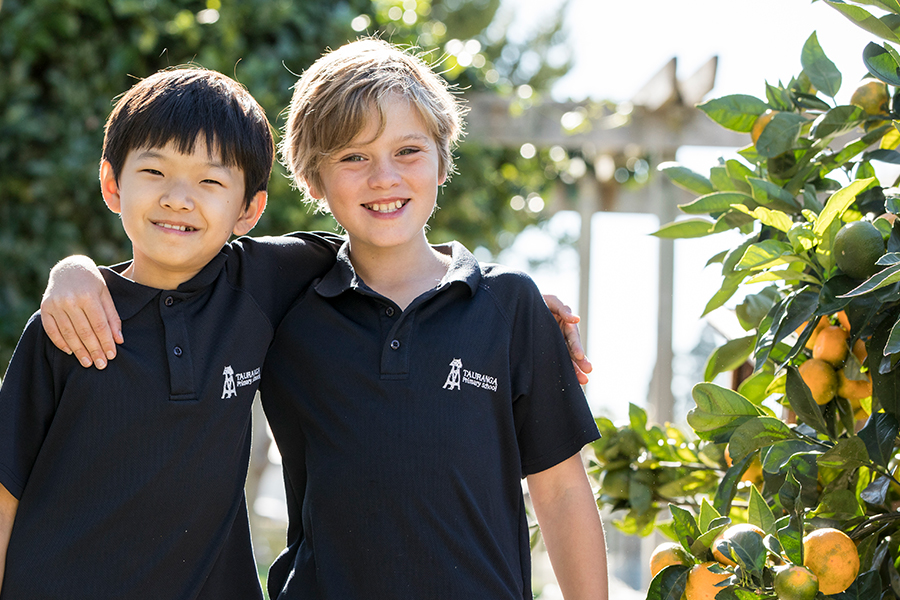International Students
Tauranga Primary School welcomes International students as part of our school community.
International students are placed in mainstream classes across Years 1 to 6, as appropriate to their current learning level, and will learn alongside New Zealand students of similar age. We provide English as a Second Language (ESOL) teaching in small groups. Every International Student will receive ESOL lessons during class time each week, the nature of the lessons are developed to best meet the individual learning needs of each student.
For information about International Student enrolments please contact:
Cathy Ediker
Deputy Principal & International Student Director
Email Cathy
Facilities at Tauranga Primary School
A well-resourced library, three playgrounds, separate junior school and senior school sites, playing fields, an obstacle course, a school garden, an astroturf court, a school hall, 15m heated swimming pool, and a wide range of ICT equipment available for classroom use.
Extracurricular features of the school
There are a lot of various student leadership opportunities and extracurricular activities such as student librarians, student mentors, peer mediators, kapa haka group, choir, drama, and music lessons. Before and after-school care options are on the school site. We also offer a large selection of sporting activities and school sports teams for your child to join.
Condition of Enrolment
In accordance with the Education (Pastoral Care of International Students) Code of Practice, Tauranga Primary School requires that all long-term (studying for one term or more) International Students live with their parent/s or a legal guardian.
